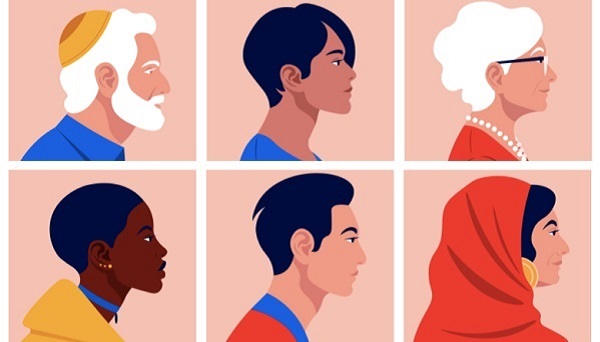

Professors and Research

This was the initial question I asked myself with my colleagues C. Lakshman and J. M. Kraak, and which led us to a comprehensive series of four quantitative studies with monoculturals and biculturals in France and the United States, resulting in academic article: Lakshman, C., Bacouël-Jentjens, S., Kraak, J. M. (2021), Attributional complexity of monoculturals and biculturals: Implications for cross-cultural competence, Journal of World Business, 56(6). In this study, we seek to explain the development of cultural intelligence by drawing on biculturalism and attributional complexity.
In this study, we use the theoretical logic that the leveraging of international experiences to improve cross-cultural competences is a function of the complexity with which these experiences are cognitively processed by individuals.
Although monoculturals may also possess international experience, biculturals leverage their longer and deeper international experiences by developing more knowledge of, identification with, and internalization of the second culture.
We found that attributional complexity (i.e. the tendency of individuals to engage in complex causal reasoning in trying to understand behavior) helps monoculturals with cognitive sophistication in processing episodes from intercultural experiences. However, biculturalism provides more along its constituent dimensions of knowledge, identification, and internalization.
This means that biculturalism is related to cross-cultural competences not only because of knowledge, and internalized identification, but also because of higher attributional complexity. Together, biculturalism and attributional complexity provide a complementary set of constructs that serve to explain the development of cultural intelligence in individuals.
We found that biculturalism is strongly related to cultural intelligence and effectiveness results in cross-cultural interactions. In more detail, our findings suggest that among biculturals, their development of knowledge, and internalized dual cultural identities is precisely what helps them develop cultural intelligence and makes them more effective in cross-cultural interactions.
Our study suggests that it is not simply international experience but the successful development of knowledge, and dual identification combined with their internalization that is important for building cultural intelligence.
Although all biculturals have depth and length of experience with sufficient levels of direct contact, the higher the levels of biculturalism the more these individuals can build an all-embracing framework of the differences between cultures and how they are interconnected.
Therefore, our study suggests the possibility that cognitive structures and processes that internationally exposed executives use to make sense of the world around them are more complex for those with higher levels of biculturalism than others.
From a managerial point of view, selecting multiculturals and training them to increase their attributional complexity will serve multinational firms well in managing cross-border relationships.
by Sabine Bacouël-Jentjens, professor-researcher at ISC Paris Business School